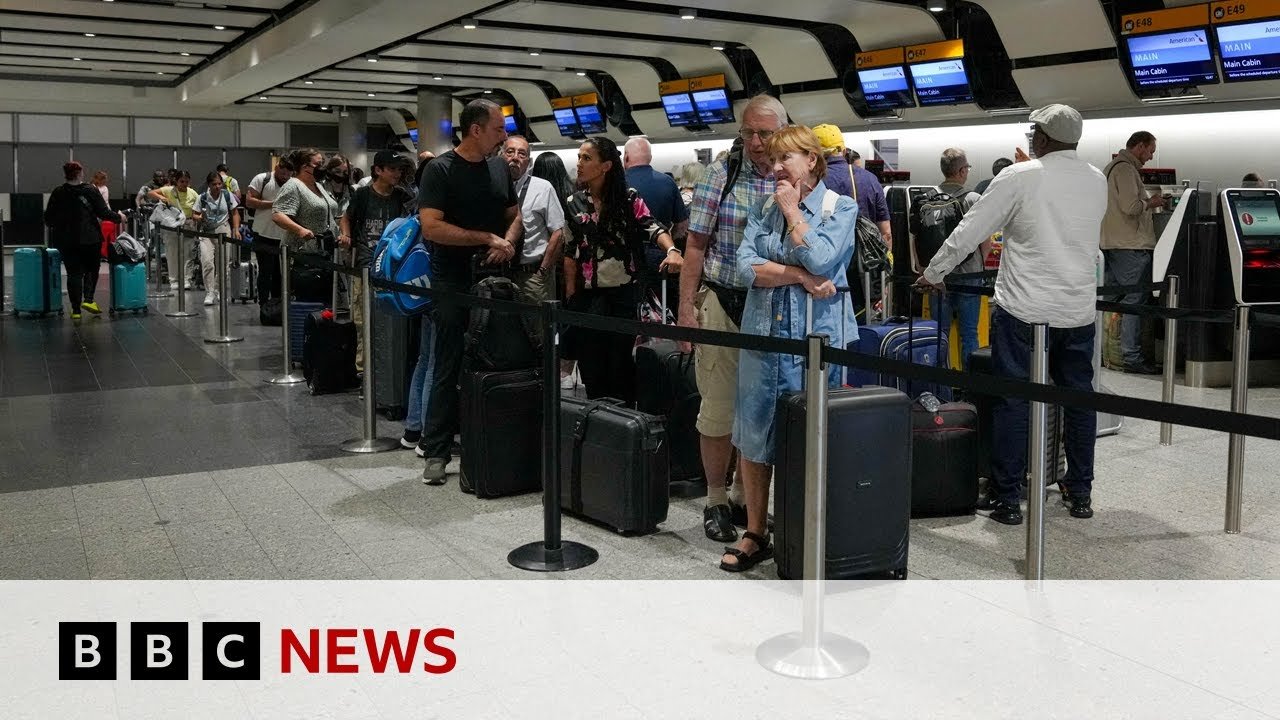In recent years, standard amenities such as seat selection, meals, and check-in luggage, once included in airfares, have become extra costs for travelers. With more people flying than ever, airlines have capitalized on this demand, earning significant profits from various add-ons. In the last year alone, the airline industry made a staggering $33 billion from luggage fees, indicating a 15% increase from the previous year. The video explores the impact of these changes on passengers, including the high cost of airport food and strategies travelers use to mitigate expenses, such as packing lightly and utilizing rewards programs.
- Airlines have significantly increased fees for services that were once part of the standard ticket price.
- The airline industry’s revenue from luggage fees rose to $33 billion last year, a 15% increase from 2012.
- Seat assignments have become an additional charge, even in economy class, with no difference in the seating quality.
- Many travelers feel compelled to pay for Wi-Fi on planes, especially for business purposes, despite believing it should be complimentary.
- Airport food prices have escalated, leading some passengers to opt for in-flight snacks or bring their own food to avoid high costs.
- Travelers are adopting strategies like packing light and using points and miles from rewards programs to save on travel costs.
- Loyalty to certain airlines and the use of travel credit cards can result in rewards that offset the expense of flights.
The British Broadcasting Corporation is a British public service broadcaster headquartered at Broadcasting House in London. Originally established in 1922 as the British Broadcasting Company, it evolved into its current state with its current name on New Year’s Day 1927.
AllSides Media Bias Rating: Center
https://www.allsides.com/news-source/bbc-news-media-bias
Official website: https://www.bbc.com/
Original video here.
This summary has been generated by AI.
